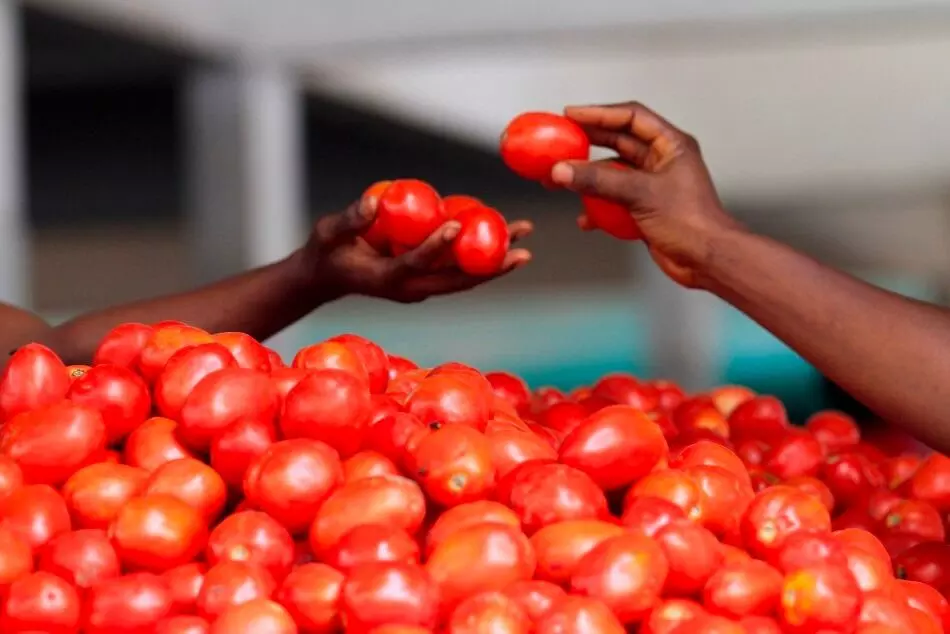Tomatoes cost Rs 100 per kg across country, green chillies follow suit
The business experts further say that until the sown crops reach the market, it is unlikely that prices will subside, leaving open the possibility of further price increases.
By Newsmeter Network
Hyderabad: The rising prices of essential commodities have placed a heavy burden on the common people, forcing them to carefully consider their purchases.
Among these commodities, tomatoes have witnessed a staggering surge in prices, exceeding Rs 100 per kg in many markets across the country. Even in relatively cheaper markets, tomatoes are being sold at rates ranging from Rs 60 to 80 per kg. The relentless rise in prices poses a grave challenge for individuals striving to manage their daily expenses.
The price of tomatoes last month in Maharashtra and Uttar Pradesh was just Rs 2 to 5 per kg. Farmers were concerned about excessively low prices at that time. However, within a month, the price of tomatoes experienced a sharp rise. In the Delhi market, tomatoes are being sold between Rs 70 and 100 per kg, with similar price ranges observed in many other states.
The price surge in tomatoes can be attributed to a combination of factors. Business experts point out that the decreased yield of tomatoes, coupled with a shortage in supply, has contributed to the current price crisis.
Green chillies see surge in prices
The issue of rising prices extends beyond tomatoes. Green chillies, a commonly used ingredient alongside tomatoes, have also become increasingly unaffordable for the common people.
As the price of tomatoes soars to Rs 100, green chillies are also approaching the same range. Consequently, people are finding it increasingly challenging to purchase tomatoes and green chillies due to these exorbitant prices.
According to business experts, “The market is receiving a lower quantity of these vegetables on a daily basis compared to the expected supply, which is intensifying the demand-supply imbalance. Unfortunately, this shortfall can be attributed to the crop damage caused by untimely rains in March and April.”
The business experts further say that until the sown crops reach the market, it is unlikely that prices will subside, leaving open the possibility of further price increases.